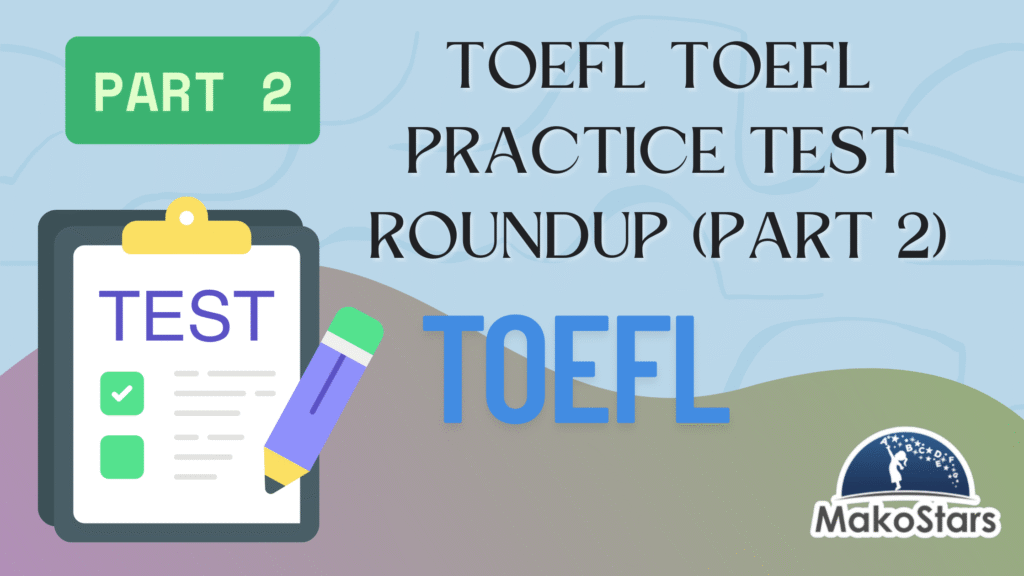10 Fun Ways to Practice English Every Day: A Quick Recap
Table of Contents
Introduction
Looking for fun ways to practice English every day? Whether you’re just starting your language learning journey or looking to sharpen your skills, adding a little daily English practice into your routine can make a huge difference.
In this post, you’ll discover ten creative and enjoyable activities to help improve your speaking, listening, reading, and writing skills without feeling like you’re stuck in a classroom.
10 Fun Ways to Improve Your English
1. Talk to Yourself in English
It might feel a little strange at first, but speaking to yourself in English is a powerful way to build confidence and fluency. Try narrating your day, talking about what you’re doing, or planning your tasks out loud. You can also use a mirror to help with pronunciation and expressions.
Bonus Tip: Ask yourself simple questions like, “What am I going to eat today?” or “How did my day go?” and answer in full sentences.
2. Watch English Shows or YouTube Channels
Entertainment is one of the best ways to practice listening skills. Choose TV shows, movies, or YouTube channels that match your interests and level. Start with English subtitles to help you follow along and gradually turn them off as you improve.
Here are some YouTube channels for learning English we recommend.
Suggested Channels: BBC Learning English, Speak English With Mr. Duncan, English Addict, and EnglishClass101.

3. Read Something Small Every Day
Reading helps you see grammar and vocabulary in context. Try reading short English stories, blog articles, or news headlines each day. Even five minutes can boost your understanding over time.
If you’re just getting started, explore our short English stories designed for beginners.
Try This: Read out loud to practice both reading and speaking at once.
4. Keep an English Journal
Writing regularly helps reinforce what you learn. Keep a small notebook or use your phone to write short journal entries in English. Write about your day, your plans, your thoughts, or even dreams.
Don’t worry about grammar at first. The goal is to practice expressing yourself naturally.
Helpful Resource: Try our free English worksheets.

5. Use Flashcards with Daily Vocabulary
Build your vocabulary with flashcards. You can create physical cards or use apps like Anki, Quizlet, or Memrise. Review a small set of new words each day and try to use them in sentences.
Try This: Focus on basic English vocabulary for everyday situations like shopping, greetings, and travel.
6. Practice Speaking with a Friend or Language Partner
Conversation is key to becoming fluent. If you have a friend or classmate also learning English, schedule a time to speak only in English. You can also join online speaking groups or language exchange apps.
Ideas to Talk About: Your hobbies, favorite food, travel plans, or recent news.

7. Listen to English Music and Learn the Lyrics
Music helps with pronunciation, rhythm, and memory. Choose English songs you like and search for the lyrics. Sing along and try to understand what the song is about.
Challenge: Pick one new song each week and learn the chorus.
Related: Explore our post on fun classroom games that include music-based activities.

8. Play English Games and Apps
Language learning apps and games make practice fun and interactive. Many of them include vocabulary, grammar, and pronunciation features.
Popular Apps: Duolingo, HelloTalk, WordUp, and Babbel.
For more ideas, check out our list of Apps for English Learning to boost speaking confidence.
9. Label Items Around Your House
Make your environment part of your learning. Put sticky notes with English words on items in your room, kitchen, or bathroom. Seeing and saying the words every day will help you remember them easily.
Example: Label your fridge, chair, door, mirror, toothbrush, etc.
Pro Tip: Practice forming sentences: “The mirror is clean,” or “I open the door.”

10. Set an English Practice Routine
Consistency is key. Set a specific time each day for your English practice—even just 10 to 15 minutes. Mix activities: read a short article, review flashcards, or write a journal entry.
Use our daily English practice planner to stay organized and motivated.
Final Thoughts: Make English a Part of Your Life
You don’t need a classroom or a textbook to improve your English. By adding fun and simple activities into your daily routine, you’ll naturally build confidence and fluency.
Want more helpful tips? Explore our blog posts like:
Evening Learning: Explore how to practice English in the evening with engaging activities. Learn more about evening learning.
Morning Learning: Kickstart your day with productive English practice. Learn more about morning learning.
Lunch Time Learning: Use your lunch break to practice English with easy and fun activities. Learn more about lunch time learning.
Remember, the more you enjoy your English learning journey, the faster you’ll progress. Happy practicing!




![12 Basic Grammar Rules to Write Like a Pro [2025 Guide]](https://englishlearninghub.online/wp-content/uploads/2025/07/12-Basic-Grammar-Rules-to-Write-Like-a-Pro-2025-Guide-1024x576.png)

